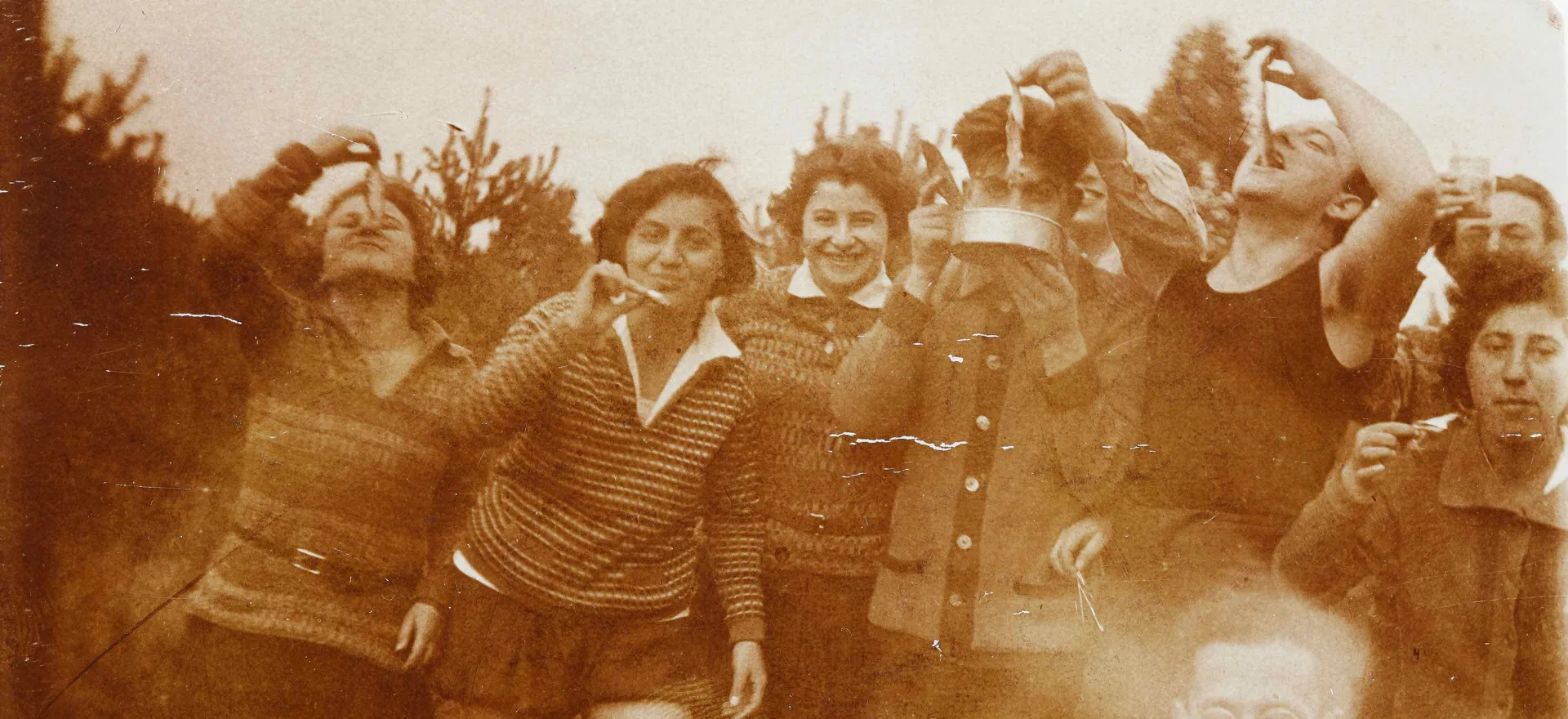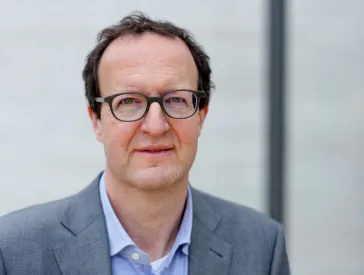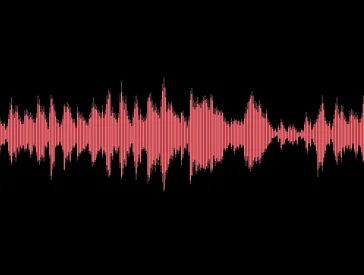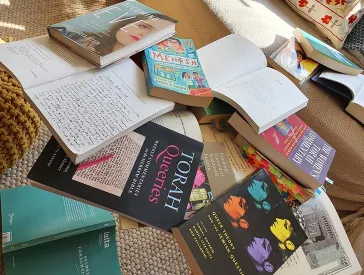
Bread and Roses
International Women*'s Day
Throughout the world on 8 March people will take to the streets again to demonstrate for women*'s equality and self-determination. Berlin was the first city in Germany to declare it an official holiday in 2019. More than 100 years have passed since Clara Zetkin advocated for introducing such a day celebrating women* at the 1910 International Socialist Congress.
Just a few years earlier, an important encounter took place, also in Berlin, at the International Congress of Women, at which the International Alliance of Women (IAW) was founded, which still exists today. The struggle for women*'s rights is still an international issue today, though historical and local social conditions differ. It's a fitting opportunity to reflect on the beginnings of the movement. As a research trainee at the Jewish Museum Berlin, I've taken a look at our archives, as well as others.
Who were these early women*'s rights activists and where are their stories told?
What we fight for ...
On my search, it immediately became apparent to me that the origins of the women*'s movement can't be traced back to a single event or date. In the 19th century, mainly in the United States, here and there women* implemented influential labor protests for better working conditions and higher pay. A social movement grew out of these scattered uprisings, one that questioned women*'s legal inequality within the social order, and which increasingly addressed the middle classes. In this way, the focus of the demands shifted toward voting rights, access to education, and the right to employment. The motto "Bread and Roses" highlights the fact that the figures involved weren't merely interested in surviving, but living well. It comes from a 1911 speech by Rose Schneiderman:
“The woman worker needs bread, but she needs roses too.”
A poem of the same name by James Oppenheim made this sentence well known. It referenced Schneiderman directly. The poem says:
“Small art and love and beauty their drudging spirits knew. Yes, it is bread we fight for, but we fight for roses too.”
Today, the musical version of this text belongs to the repertoire of songs sung by women*'s movements worldwide. Very few people know about the notable originator of this idea, whose Jewish heritage played a significant role in her political action.
Invitation postcard to the International Congress of Women, Berlin 1904, Helene Lange Archive at the Berlin State Archive, B Rep. 235-01 MF-Nr. 3218-3235
Socially Minded, Female, Jewish
Rose (Rahel) Schneiderman (1882–1972) was born in the Russian Empire. She belonged to a Jewish family that emigrated to the United States. Rose was just 13 when her parents died, so she had to earn her living as a textile worker. By 21 years old, she was already engaging with the Jewish-socialist United Cloth Hat and Cap Makers’ Union, and encouraging her colleagues to join.
Rising to prominence a few years later, she went from unionist to political consultant for the Roosevelt government, and as the sole female member of the National Recovery Administration Labor Advisory Board, advocating for equal pay for women* as well as including domestic workers in social security—which remains a controversial topic to this day.
Portrait of Rose Schneiderman, around 1909–1920, Library of Congress, Washington, D.C.
Schneiderman's personal identity as a Jew played an important role for her, and not only when representing the interests of workers. When one hundred thousand Jews were forced to flee National Socialist Germany in the 1930s and 1940s, Rose Schneiderman organized support to help them emigrate to the United States as well as to Palestine.
Women*'s Emancipation in Germany
The pioneers of the German women*'s movement include Bertha Pappenheim (1859–1936) and Henriette Fürth (1861–1938). Their political goals for women*'s rights were in no way inferior to those of their American peers.
At the 1904 International Congress of Women mentioned above, the two also initiated the founding of the Jüdischer Frauenbund (Jewish Women's Association). Bertha Pappenheim remained its director until her death in 1936. Still very connected to the Jewish tradition, but also committed to women*'s emancipation, the association represented the interests of women* in Jewish culture, as well as those of Jews within the women*'s movement.
The first directors of the Frankfurt organization Weibliche Fürsorge (Women's Welfare): Bertha Pappenheim (1st row, 2nd from left) and Henriette Fürth (Katzenstein) (1st row, 2nd from right), Frankfurt am Main, 1904, photograph; Center for Jewish History, Leo Baeck Institute, New York.
Henriette Fürth summed up the necessity of such a position: "We're not just women, we are Jewish women. And as long as this epithet connotes a pejorative difference, we must not refrain from struggle."
—by which she meant both the struggle for women*'s rights and against anti-Semitism.
At that point in Germany, the Jewish population remained legally disadvantaged. Formal political and legal equality wasn't assured until the Weimar constitution of 1919. A few months before that, women* were able to use their voting rights at the national level for the first time to elect the German National Assembly on 19 January 1919. And so this year we are celebrating a double anniversary for emancipatory achievement.
Routine and Revolution
Alongside these exceptional figures in the German women*'s movement and their activism for pay, bread, and participation, many women* struggled for self-determination in their everyday lives, doing so in the most varied ways. At the same time, women* fought against antiquated conceptions of female roles and for the right to self-determination, which at the beginning of the 20th century could even be manifested in the choice of clothing or a haircut, in demonstrative smoking in public, or by driving an automobile.
Charity postage stamp of the German postal service with Bertha Pappenheim, (1859–1936), paper with adhesive, FRG 1954; Jewish Museum Berlin, accession 2009/48/0. urther information on this object can be found in our online collections (in German)
Equal and Emancipated Together
Group photo of an excursion by the Bar Kochba Berlin club, around 1927, photograph on collodium paper; Jewish Museum Berlin, accession 2006/31/71, gift of Ann Stieglitz. Further information about this photo can be found in our online collections (in German)
The path of emancipation on the political as well as personal level was marked by many conflicts. This snapshot illustrates how direct and mundane the desired equality could be. It shows young people on an excursion with the club Bar Kochba in 1927, snapping at fish, equal, free, and cheerful. In Bar Kochba Berlin, the first Jewish sports club in the German Empire, women* were represented from the beginning, despite the masculine values that generally prevailed in sports organizations.
Women* in the Archives
Generally, our archive contains less documentation from women* as well as from the working class, which is true of most archives whose collection is not specially focused on these groups. Thus, we express our appreciation here for all archives that document the actions of self-determined women*—whether in the political arena or in everyday live. Without their testimony, we cannot remember them.
We as a museum build on this work as well, seeing it as our task to preserve and to recount these stories, as well as current events.
The Women*'s Movement Today
During this little overview, we've highlighted the big and little steps along the lengthy path to the achievements we benefit from today, but which we also must defend. They are neither self-evident nor unalterable, as is demonstrated by the global development of the #metoo movement, the questioning of human rights and rights to self-determination by populist currents and authoritarian regimes worldwide, and the high number of women* who continue to be victims of violence, discrimination, and catastrophic work conditions.
This also makes it clear that it is still necessary to improve women*'s living conditions and rights. Those who wonder where in the 21st century world inequality still reigns must only listen to those who are affected by it. There, the call for bread and roses is loud and clear, particularly on 8 March.
Video on the Women*'s Strike on 8 March 2019 (in German).
The * indicates that all people are included who identify as women, who are addressed as such from the outside, or who feel addressed as FLTBQI*.
Christina Hecht
Citation recommendation:
Christina Hecht (2019), Bread and Roses. International Women*'s Day .
URL: www.jmberlin.de/en/node/6097


